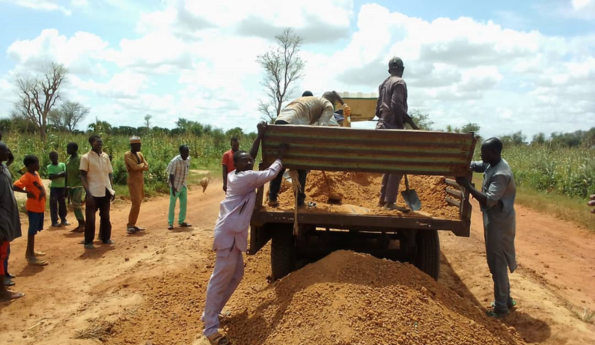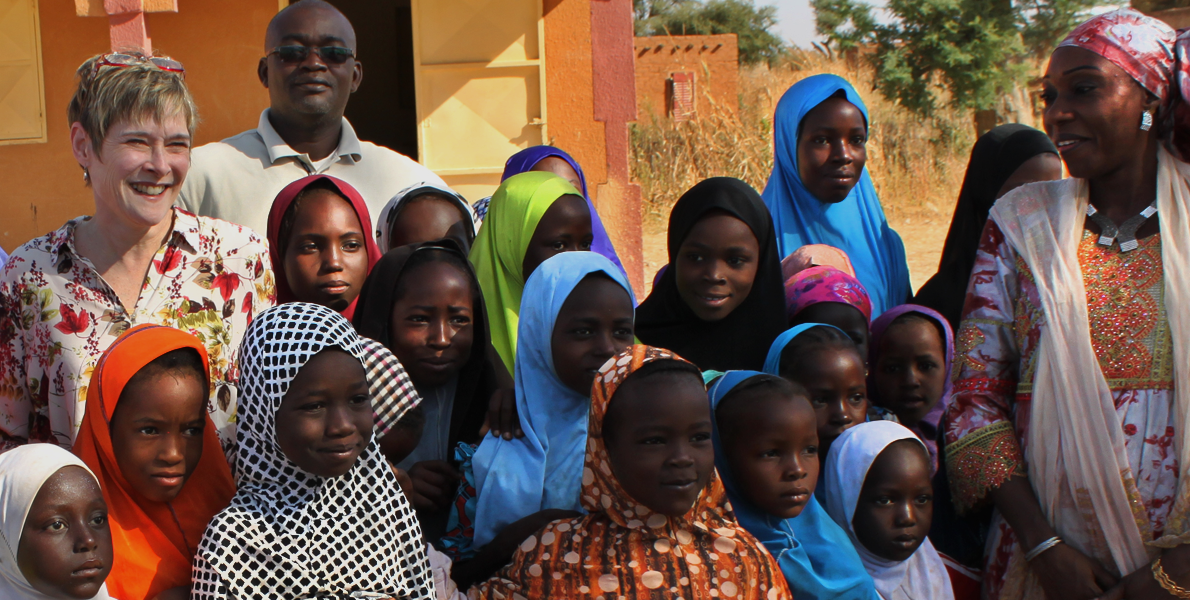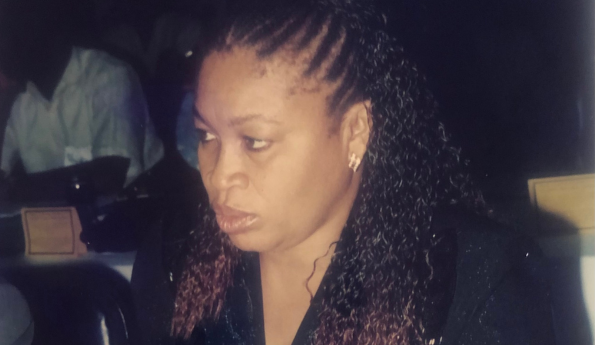A small community in southern Niger, Sassoumbroum (Sbroum for short) suffers from high poverty rates and rampant corruption. To make ends meet, people support themselves by cutting down trees, including those located within protected areas, to make firewood to sell and use within their own households.
Sbroum is one of the 26 partner communes of the USAID-funded Resilient Governance in Niger Activity, that supports local governance and strengthening communities’ ability to advocate for improvements that address key development, humanitarian, and natural resource priorities. To strengthen dialogue between local stakeholders, Counterpart established a citizen monitoring committee or Comité de Veille Citoyenne. Aware of how trees slow desertification, the committee expressed its commitment to instituting environmental protection measures.
In February 2024, the committee met with the mayor to urge him to take action against the practice of unlawfully cutting down trees and requested that he escalate their concerns to the Regional Environment Directorate. The committee also invited a wide range of stakeholders to participate in a discussion, including the Departmental Environment Directorate, the Communal Environment Council, civil society representatives, local chiefs and traditional community heads, and representatives from across the commune responsible for implementing national policies at the regional or communal level in education, health, agriculture, and infrastructure.
“Trees play an important role in reducing and tempering the climate and cutting them down contributes to the spread of the desert. The committee has carried out this advocacy action to preserve our living environment,” shared Jamilou Mato Idrissa, Secretary General of the Sbroum citizen monitoring committee at the meeting. He went on to say, “We’re delighted to see that local elected officials are willing to invest in eliminating this practice in our commune, and thanks to this meeting, these elected officials have taken some measures. They have set up a communal committee to fight against abusive tree cutting.”

Meeting of key stakeholders on environmentally harmful practice organized by the citizen monitoring committee of Sassoumbroum in February 2024.
Representatives of the Regional Environment Directorate and the Departmental Environment Directorate educated the community about the harm being done to the local environment, and shared information about why environmental protection is so important in the face of rising temperature and more droughts. They also informed participants that no one has the right to cut down a tree and that any rumors about authorizations being granted to do so have no legal basis.
Following this successful stakeholder engagement, the community agreed to establish an inclusive communal committee of 20 to promote vegetation preservation, prevent desertification, and put an end to this harmful practice. As a result of the environmental committee’s work, just a month later the Departmental Environment Directorate noted that it already saw a marked reduction in illegal tree cutting.





